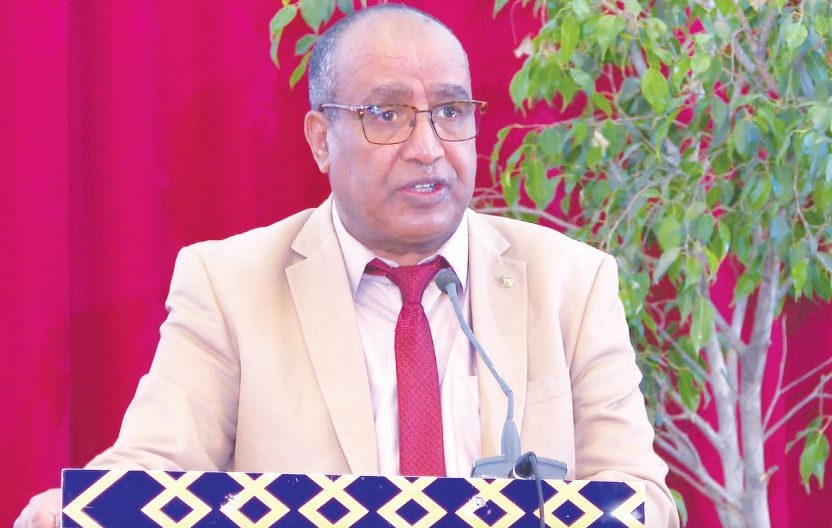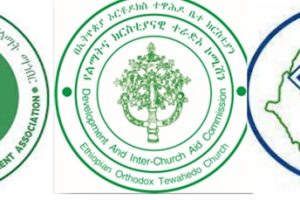
The Forest Stewardship Council (FSC) certification is a widely accepted standard for responsible forest management. It was founded in 1993 to encourage forest management that is environmentally responsible, socially beneficial, and economically viable.
FSC certification encompasses various aspects. It establishes forest management principles to ensure that forests are managed in a way that preserves biodiversity, safeguards water resources, and respects indigenous and local communities’ rights.
It also enhances forest management accountability through chain of custody certification. This certification ensures that products derived from certified forests can be traced throughout the supply chain to ensure they come from responsibly managed sources. This is critical for firms seeking to demonstrate their dedication to forest development and sustainability.
More importantly, it has many environmental benefits, including helping to maintain ecosystems, promoting sustainable forestry practices, and combating deforestation and illegal logging. This, in turn, places social duty on the government, the local community, factories, and so on. The FSC standard includes standards for protecting the rights of workers and local communities, ensuring that forestry methods are socially responsible. Furthermore, it plays an important role in market awareness since products bearing the FSC label are increasingly recognized by consumers and businesses as being sustainably sourced, which can improve brand reputation and customer trust.
Sustaining the forest and effectively utilizing it in accordance with FSC guidelines enables countries to attain global levels. The FSC operates globally, with certification schemes in numerous countries, tailoring its criteria to local requirements while remaining committed to sustainability.
According to data gathered from Ethiopian Forestry Development, there are several sorts of certification. The first is forest management certification. This refers to forest owners and managers who meet the FSC’s standards for responsible forest management. Second, the chain of custody certification assists enterprises that produce or sell forest products by allowing them to track the origin of their resources back to certified forests. As a result, FSC certification is a valuable tool for encouraging sustainable forestry practices, conserving ecosystems, and guaranteeing that forest products are sustainably obtained. It helps not only the environment but also communities and economies that rely on trees.
In recognition of these advantages, the Forest Stewardship Council (FSC) has officially launched the Interim Forest Stewardship Standard (IFSS) to enable Ethiopia to enter global markets for certified forest products. The most crucial question here is: How does FSC support Ethiopia’s forest development? What are the advantages of Ethiopia implementing FSC?
Ethiopian Forestry Development Director General Kebede Yimam said that given Ethiopia’s high biodiversity and expanding forestry industry, the Forest Stewardship Council (FSC) certification can offer the nation several important advantages. Additionally, the FSC standard seeks to improve the value of verified ecosystem services like carbon, water, biodiversity, recreation, and cultural advantages; boost Ethiopia’s forestry industry; and make it easier for certified forest products to reach specialized international markets.
The standard allows companies, governments, and forest managers to access and exchange data on the impact of their forest management operations in FSC-certified forests. As a result, the council is a responsible authority that encourages forest management through certification while also helping to conserve the country’s rich biodiversity.
For instance, the International Bamboo and Rattan Organization (INBAR) and Ethiopian Forestry Development have started a project to pilot the standard on 1,000 hectares of bamboo forests in the Adiyo district in southwest Ethiopia. However, the director general stressed that FSC certification strengthens supply chain management and guarantees sustainable forest management for both timber and non-timber goods.
He added that understanding these supply chains is critical for Ethiopia’s increased participation in global forest product markets. The director general further stated: “By equipping ourselves with the necessary knowledge and tools, we can ensure our products meet international standards, opening doors to new opportunities and partnerships on the global stage.”
FSC Coordinator for Eastern Africa Annah Agasha praised Ethiopia’s FSC launch as a monumental success resulting from years of collaboration and a common vision. She emphasized that FSC Eastern Africa is dedicated to assisting the Ethiopian government, communities, and partners in implementing the standard across all relevant sectors.
Smallholders and communities can maximize the benefits of the forests they manage if they adhere to the standard. FSC certification also complies with the European Union Regulation on Deforestation-Free Products (EUDR), which requires enterprises to verify that their products do not contribute to deforestation or forest degradation. This agreement enables Ethiopian forest products, including bamboo, to participate in the burgeoning worldwide market for sustainably sourced goods, which includes coffee, honey, and spices, she added.
The Forest Stewardship Council certification guarantees the future of sustainable forest management for timber, non-timber products, and allied forest products throughout supply chains. As a result, she explained that it is critical to enhance Sustainable Forest Management (SFM) in Ethiopia.
According to Kebede, FSC is critical to the country’s ongoing restoration efforts, including the Green Legacy Initiative and extensive forest development, conservation, and use initiatives with key stakeholders.
Ethiopia is also aiming to increase the forest sector’s economic contribution by promoting growth, creating jobs, and assisting local communities while maintaining forest integrity. “As forest and woodlot management intensifies, establishing standards for their management and products becomes increasingly important,” according to him.
Furthermore, the FSC provides a strong framework for voluntary accreditation and third-party certification, allowing certificate holders to promote their products as the outcome of responsible forest management practices. This accreditation demonstrates a dedication to the highest levels of environmental sustainability, social equality, and economic viability, he stated.
By launching the FSC, Ethiopia joins over 85 other nations for whom the FSC has set standards, allowing them to practice responsible forest management.
This means Ethiopia can now produce products from its forests in a responsible manner, guaranteeing that they move through a traceable chain of custody to any worldwide market.
In general, FSC certification in Ethiopia can promote sustainable forest management, economic development, community empowerment, environmental protection, and social fairness. These advantages can greatly contribute to the country’s overall development goals and improve its natural resource management techniques.
BY EPHREM ANDARGACHEW
THE ETHIOPIAN HERALD WEDNESDAY 4 DECEMBER 2024





